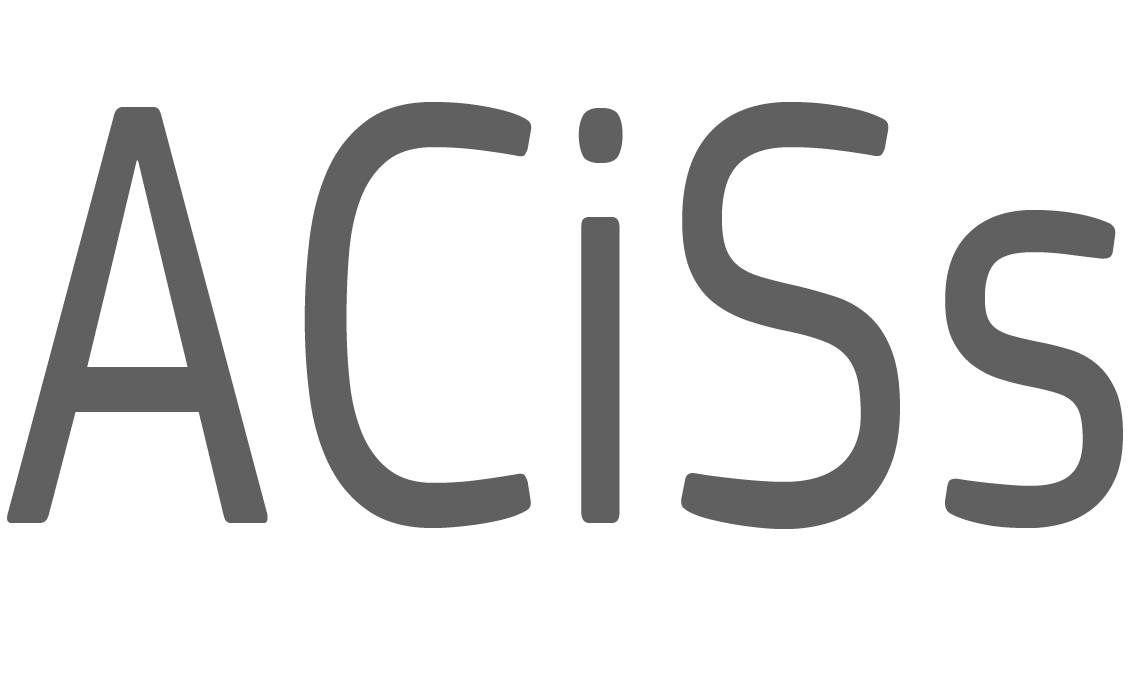
|
Assessment Centres in SchoolPilot project, Assessment Centres in School (ACiSs) |

|
Assessment Centres in SchoolPilot project, Assessment Centres in School (ACiSs) |
The context of this pilot project, Assessment Centres in School (ACiSs), is situated on research carried out at the Institute of Education of the University of London and at the University of the Algarve (Pereira 2006, 2017), within the framework of an Education and Pedagogy centred on Well-being, (PWb). The project focuses on the functional structure of schools, and departs from the perception of a problem and its cause, offering a solution to such problem, trying to remove or mitigate the cause. The problem is the perception that schools, in general, are currently the scene of dysfunctions widely reported in the literature, as very serious: indiscipline, bullying and various types of violence that can exceptionally escalate to bloody shootings. Such disturbances are believed to potentiate similarly widespread problems, such as: early school leaving; school failure; the discrimination of the most disadvantaged, which end up being still the most affected and, in general, important discomforts among students, teachers and parents. The underlying cause of these dysfunctional behaviours is that, unconsciously, in the eagerness to help students acquire the indispensable instrumental knowledge for their performance and success in this "knowledge society," families and schools, traditionally, adopt intense but subtle practices permeated by what is here called Forms of Disorder (FDs), with prominence for a certain intense interpersonal comparison and fear, that generate feelings of superiority-inferiority. These are not feelings of superiority-inferiority, morally and emotionally innocuous. It is normal for any student to have relative superiority, for example as to competence in mathematics, compared to others. Having such an advantage, it can keep the humanity of the contact, even helping their peers. So the problem is not the superiority relative to functionalities, in the sciences, arts, sport, etc. The crucial problem is when the complex, because it frustrates any complete description, interaction of school and social devices, generates and attributes to some students an "absolute superiority", causing the community, and sometimes themselves, to believe them better and more deserving human beings than others. Also, this makes other students, the majority, feel negatively symmetrical feelings, believing themselves less valuable and incompetent, eroding their self-confidence and self-esteem. As an example, the answer given by the Finnish school to the complex problems that give rise to detrimental stress to the learning process is well-known, and it has undergone a solution contrary to the one proposed here, concentrating the summative evaluations on the teacher who teaches, eliminating the national external evaluation. But in Finland, within its particular context of various activities (Robert, 2010), there was still acute awareness of what Pasi Sahlberg (Chartered Institute of Educational Assessment and Sahlberg 2014), teacher and government adviser for educational policy, has pointed out from the core problem of negative aspects linked to relationships permeated by intense "toxic competition” , as he told the Chartered Institute of Educational Assessors in the United Kingdom. The proposed solution, in societies where the exams are traditionally prominent, are the ACiSs. These are conceptualized as spaces within the school, with teachers assigned to it exclusively, or when teaching, intervene in the evaluations of students who do not attend their classes. Predominantly they use ICTs to generate tests / exams, easily, from questions in Databases, and that with generosity of time to reduce fear / stress, can allow for written evaluations to be done in a particular module, and at any time the student requests them. However, by adding to these written assessments, the student should have an oral evaluation (Comprehensive-Relational conversation) with the teacher, to ensure that he / she masters the great concepts of knowledge framing the knowledge of a module. A Student Area is created, where, through reserved access, the confidentiality of results and other reports are guaranteed. The objectives of the project, in the short term, are to test the implementation of a ACiS in secondary schools, for only one subject and one experimental class (EC). The main activities consist in the implementation and functioning of the ACiSs, and in the conduct of student surveys, and semi-structured interviews with teachers and other actors in the school community. The project methodology may be that of the case study, in two secondary schools. The results and impact will be: the consistency of the functioning of the ACiSs and the perception of these as a means to the mobilization towards a new structuring paradigm of the general functioning of schools. The long-term potential of benefits is: to promote modular teaching; to mitigate the intensity of comparison, reducing stress; to put an end to "unique occasion testing"; To put an end with the class-tribe, throughout the school year; To end the stress related with time constraints on exams; Facilitating the flourishing of students' differentiated potential, by allowing them to progress faster or slower; to change the structuring paradigm of the functioning of schools, allowing a system of credits, in which even the figure of the "passing of the year" is made diffuse or completely dispensable, promoting a better and more flexible learning, lowering stress.
Rui Penha Pereira ruipenhapereira@gmail.com
Roberto Lam rlam@ualg.pt
Pedro Cardoso pcardoso@ualg.pt
José Bastos jbastos@ualg.pt